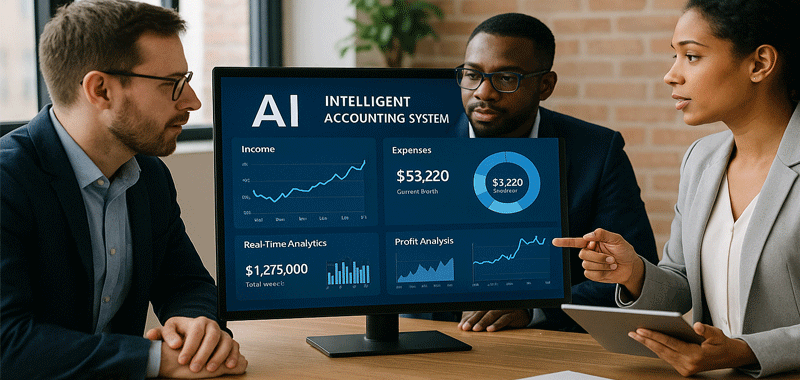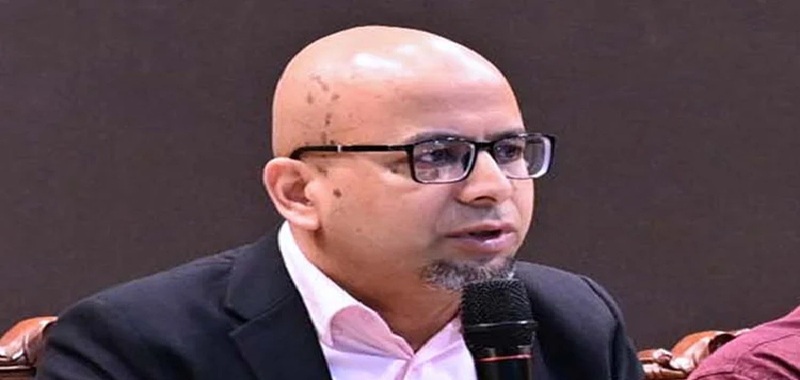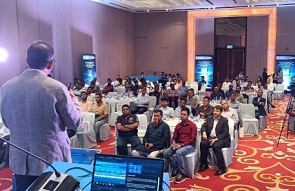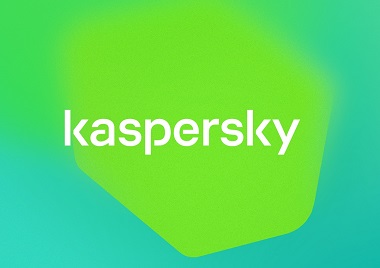When Human Intelligence Beats the Machine – A Historic Moment in Competitive Programming

In the ongoing global debate over whether artificial intelligence (AI) is surpassing human intelligence, a recent programming competition has offered a fascinating perspective. At the AtCoder World Tour Finals 2025, held in Tokyo, a human competitor managed to outperform OpenAI’s advanced AI model — and not just any competitor, but someone who once worked for OpenAI himself.
Przemysław Debiak, known online as “saiho,” emerged as the winner of this prestigious contest, defeating one of the most sophisticated AI systems developed by OpenAI. What makes this even more intriguing is that this was the first time in AtCoder history that an AI model competed directly against human participants in a live programming showdown.
The competition featured the Heuristic Contest, a notoriously difficult category where participants are challenged with solving NP-hard optimization problems — the kind of problems for which finding the perfect solution is nearly impossible within a reasonable time frame. All contestants, including the AI, were provided with identical hardware to ensure fairness.
Over the span of ten hours, each participant submitted their solutions and optimizations. In the final results, Debiak scored 9.5% higher than the AI model. While the AI did outperform ten other top-rated human programmers who had worked their way up through multiple qualifying rounds, it still fell short of the top spot.
OpenAI responded graciously to the result. In a post on X (formerly Twitter), the company congratulated the winner, noting that their model had finished second in one of the world’s most challenging programming competitions. CEO Sam Altman also extended his congratulations directly to saiho.
While AI continues to progress at an astonishing rate, this event is a reminder of something powerful — human intuition, creativity, and adaptive thinking are still incredibly relevant and, in many cases, unbeatable.
This wasn’t just about who could write better code. It was a demonstration of how far both human potential and artificial intelligence have come — and how they can challenge, inspire, and even learn from one another.
Rather than seeing this as a victory of human over machine, perhaps it's better viewed as a sign of evolving collaboration — a future where humans and AI push each other forward. One thing is certain: if we want to remain relevant in the age of intelligent machines, we must continue learning, adapting, and growing.
The future doesn’t belong to AI alone — it belongs to those who know how to work with it.








